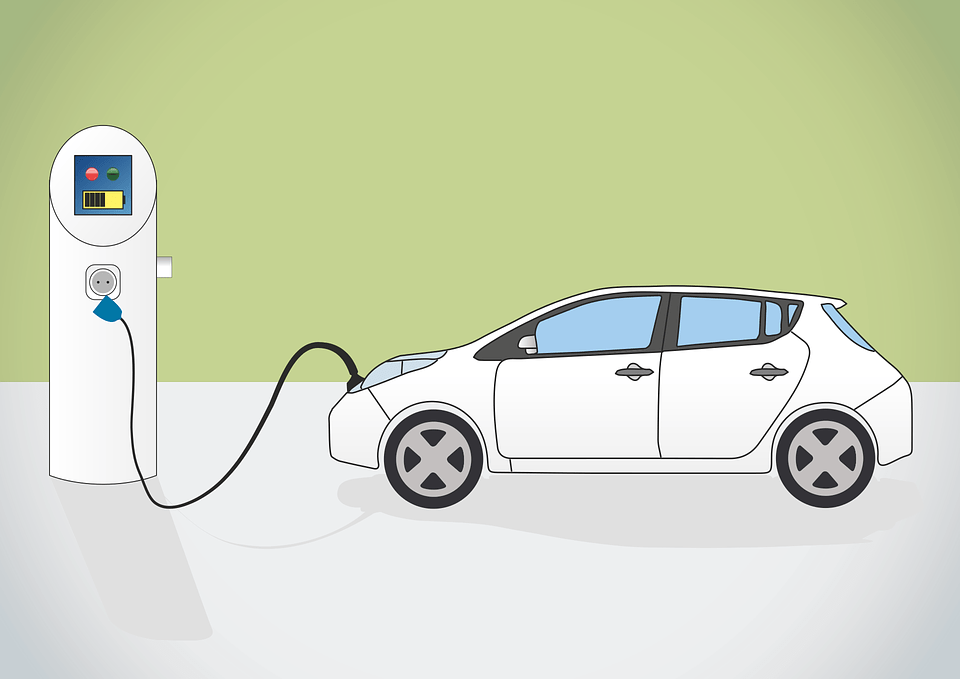
Thinking about going solar or getting an electric vehicle (EV)? How about both? The price of solar has come down drastically over the past decade, and EVs are becoming cost-competitive with their combustion engine counterparts, especially when you factor in the cost of ongoing maintenance, like oil changes and fuel.
When converting over to an EV, you will be able to charge your vehicle at home by plugging into a standard 120-volt electrical outlet. This is known as a level-one charging. You may also want to install a level-two charger, which will allow you to charge your car at a faster rate, about 10-20 mile drive range per hour. Level-two chargers use a 240-volt electrical outlet, so they will require installation from a professional electrician. Currently, there is a federal income tax credit of 30% available for installations of EV charging stations through the end of 2020. (Did you install one in 2018 or 2019? This ITC is retroactive, so speak to your tax advisor to claim your credit.)
Meanwhile, installing a rooftop solar system has the potential to greatly reduce your utility costs and your greenhouse gas emissions. The financial and environmental benefits that come with residential solar are motivating more homeowners than ever to invest in solar energy systems.
Once you decide to move forward with pairing an EV with a solar photovoltaic (PV) system, you will want to determine how much electricity the vehicle will use. A solar installer will be able to help you understand and calculate the extra energy needed to charge the vehicle, in addition to your home’s energy usage, to determine an appropriately sized solar PV installation. As a rule of thumb, an additional 6-10 solar PV panels (or modules) will typically be needed to provide the electricity for an EV.
Whether you already have solar on your roof or an EV in your driveway, now is a great time to combine them together for emissions-free transportation. There is currently a federal income tax credit of 26% for the installation of a solar system (reduced to 22% in 2021, and set to expire in 2022), and some EVs are eligible for tax credits as well, bringing down the overall up-front cost.
Charged up about installing rooftop solar and an EV charger at home? Keep an eye out for upcoming local campaigns that offer both at a discounted rate!
